Written by Noor’ain Aini
The International Relations Program, Faculty of Social Sciences and Humanities, Universiti Malaysia Sarawak (UNIMAS), recently hosted a public lecture by Professor Dr Dewi Fortuna Anwaron 7 October 2025 at Dewan Seminar, Pusat Islam Tun Abang Salahuddin (PITAS).
The event was officiated by Professor Dr Fitri Suraya binti Mohamad Hapni Jobli, UNIMAS Deputy Vice Chancellor (Academic and International), and was graced by the presence of His Excellency Dr Abdullah Zulkifli, Consul General of the Republic of Indonesia in Kuching, together with his entourage. Moderated by Associate Professor Dr Ahmad Nizar Ya’akub, the session drew an engaged audience of students, academics, and policymakers interested in ASEAN.
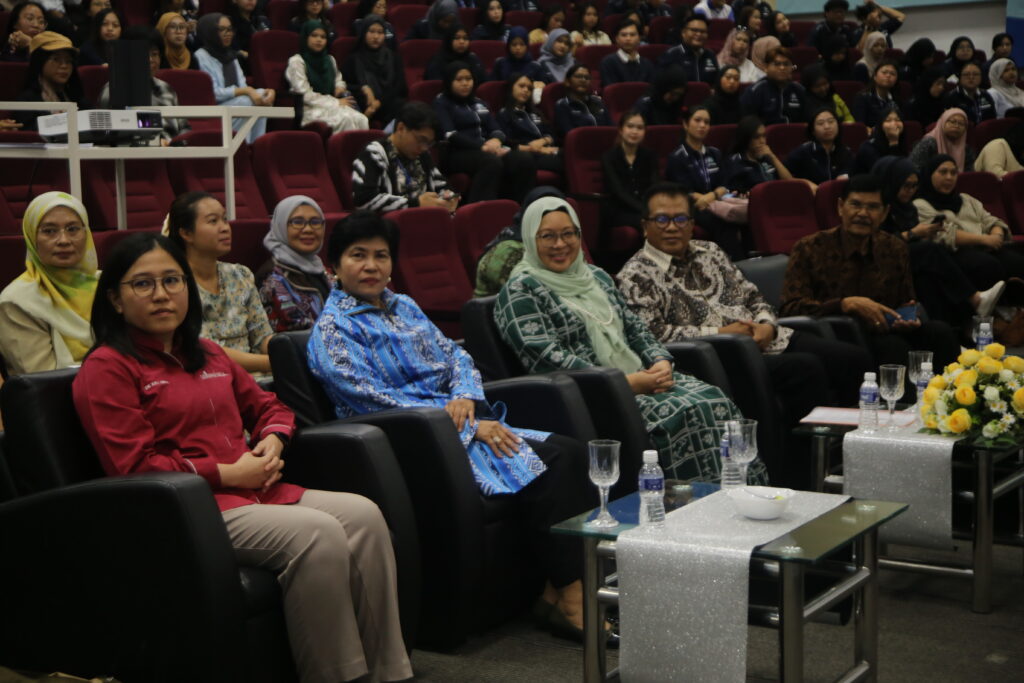
In her lecture titled “Towards a More Effective ASEAN Regionalism: Features, Fulfilments and Future Directions,” Professor Dewi offered an engaging and insightful reflection on ASEAN’s progress, challenges, and prospects. She discussed how the region continues to grapple with both traditional and emerging security issues – from geopolitical rivalries and economic fragmentation to climate change, pandemics, and transnational crimes – all of which test ASEAN’s unity and adaptability.
At the regional level, ongoing tensions in the South China Sea and unresolved border disputes, such as those between Cambodia and Thailand, further highlight the need for a more cohesive and effective ASEAN. These issues, she noted, align closely with Malaysia’s 2025 Chairmanship theme of “Inclusivity and Sustainability.”
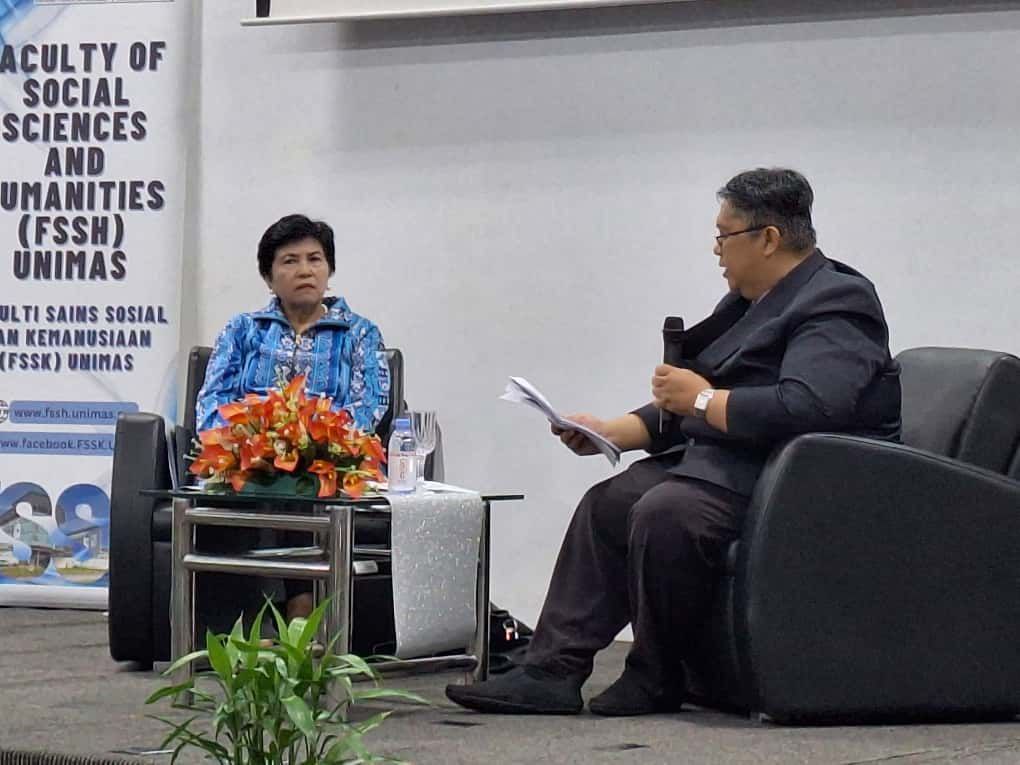
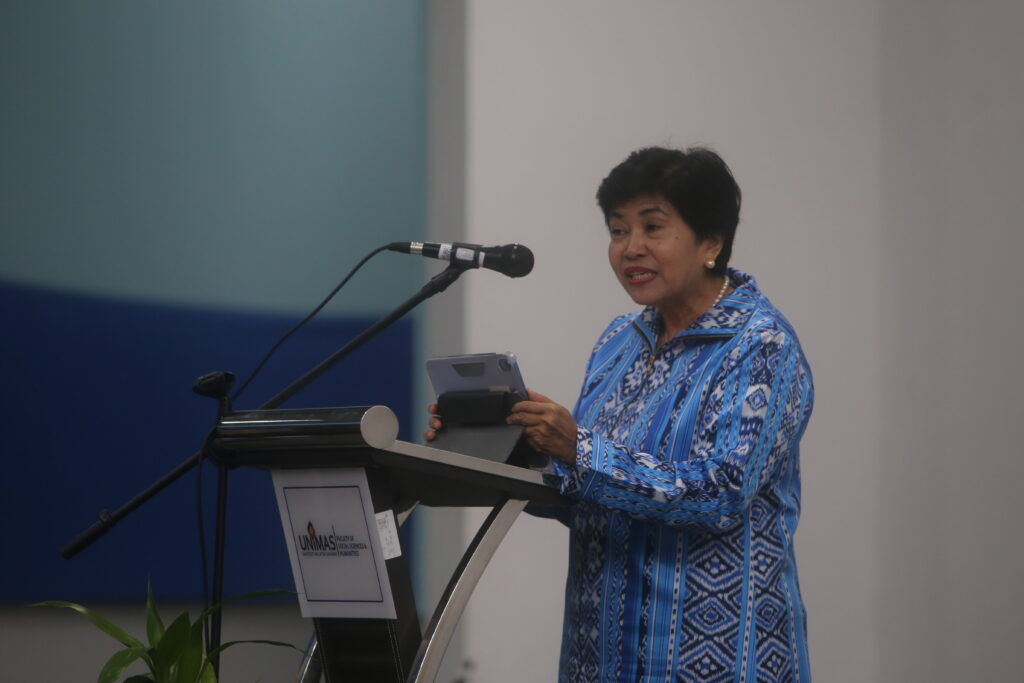
While acknowledging ASEAN’s achievements over nearly six decades, Professor Dewi observed that its institutional capacity remains limited. The absence of enforcement mechanisms, the lack of supranational authority, and reliance on consensus and the principle of non-interference have often slowed ASEAN’s decision-making in times of crisis. To strengthen regional effectiveness, she proposed enhancing the role of the ASEAN Secretary-General and Secretariat as well as improving crisis communication and coordination mechanisms.
Among her key recommendations was a revision of the ASEAN Charter to include clearer frameworks for compliance and accountability among member states. She also called for the empowerment of the ASEAN Intergovernmental Commission on Human Rights (AICHR) to enable real actions.
As her lecture drew to a close, Professor Dewi summed up ASEAN’s paradoxes with a memorable analogy. “ASEAN is too big for a handkerchief, yet too small for a tablecloth. Its vision is like a Rolls-Royce running on a Mini Morris engine.”
These metaphors captured her concluding message that while ASEAN’s model has long maintained peace and prosperity, it must evolve to stay relevant. Without reform, ASEAN risks losing credibility and relevance. What is needed now, she urged, is “a dedicated tailoring of ASEAN’s regional fabric for a better fit, and a serious upgrade to its institutional engine.”
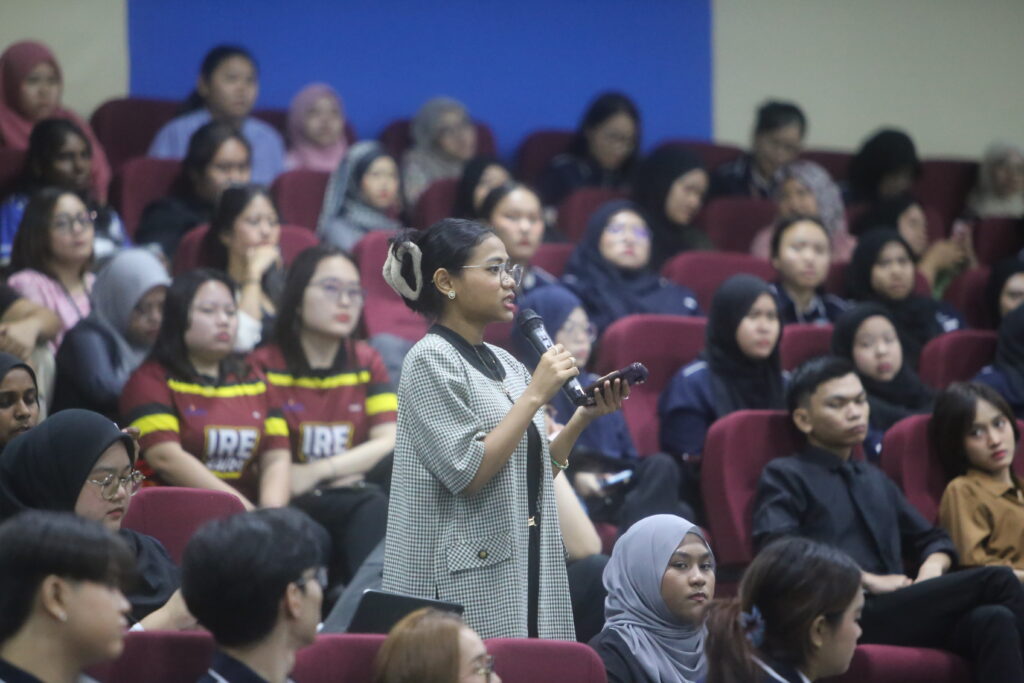
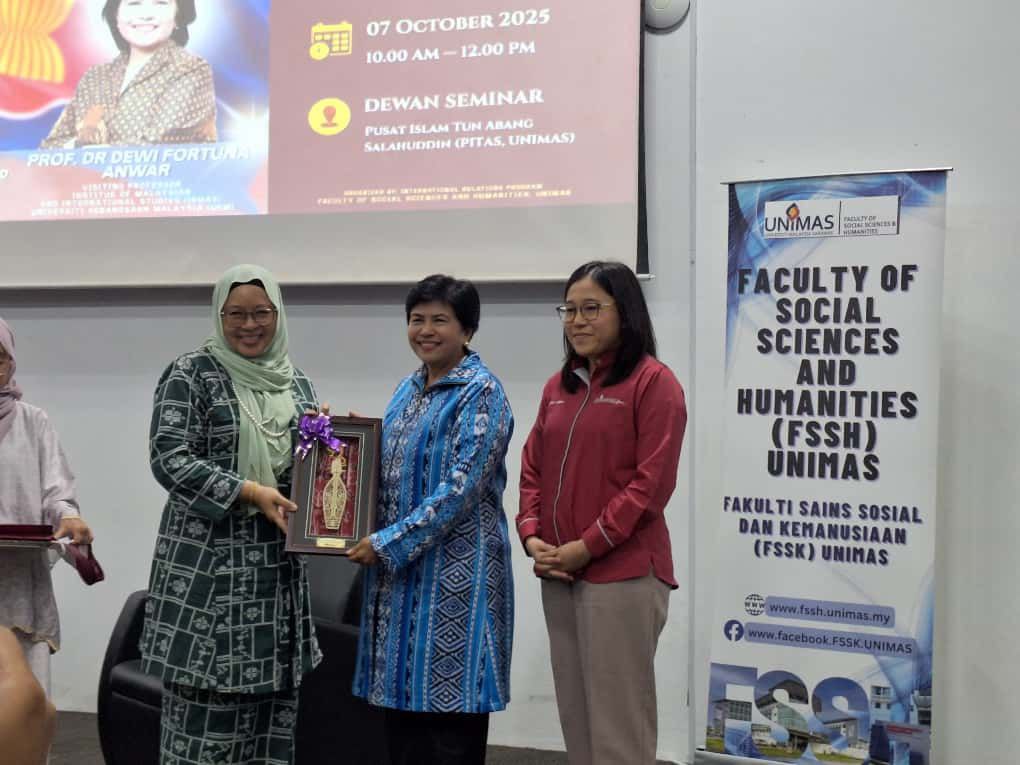
“The lecture deepened my understanding of ASEAN’s vision and the challenges its member states face in working towards greater effectiveness. Professor Dewi’s insights offered a clearer and more practical view of ASEAN’s role in the region,” shared Idia Eleanor binti Affandy, an International Relations student.
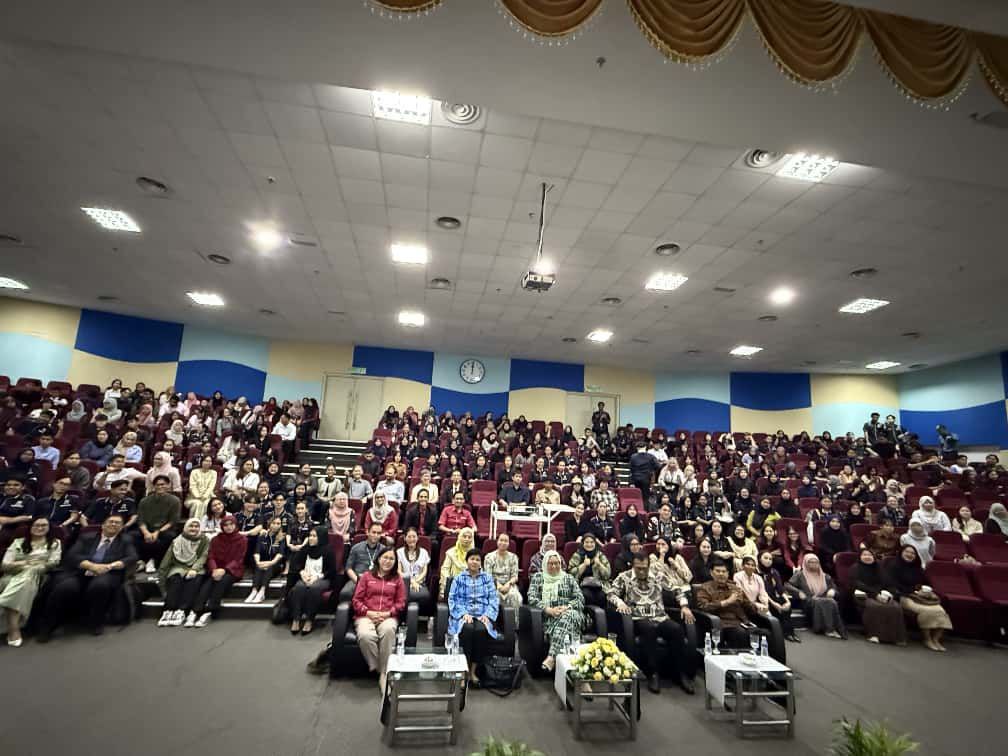
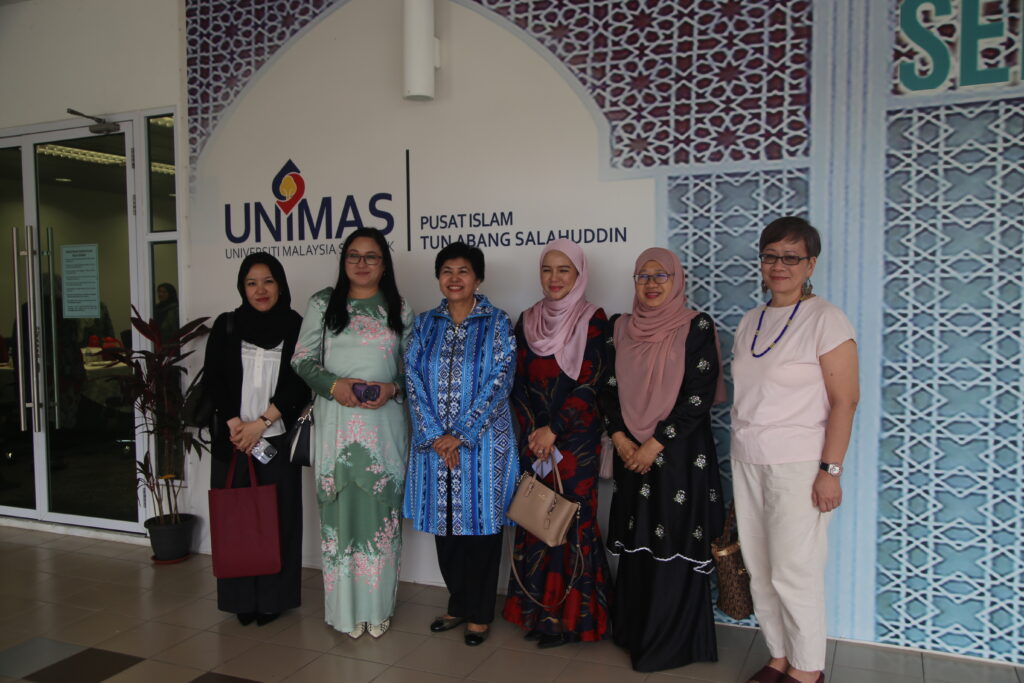
The International Relations Program extends its heartfelt appreciation to Professor Dr Dewi Fortuna Anwar for her inspiring and thought-provoking lecture which offered valuable perspectives on strengthening ASEAN’s institutional effectiveness and cooperation in the years ahead.
FSSH – A Partner for Social Change